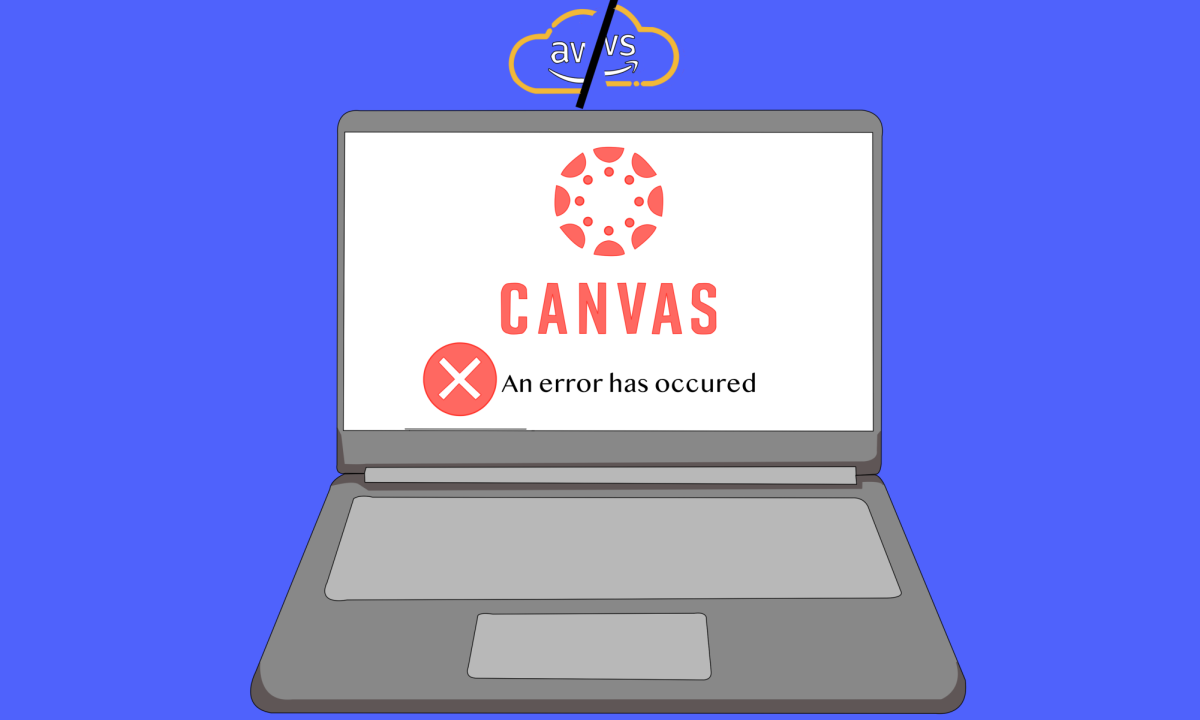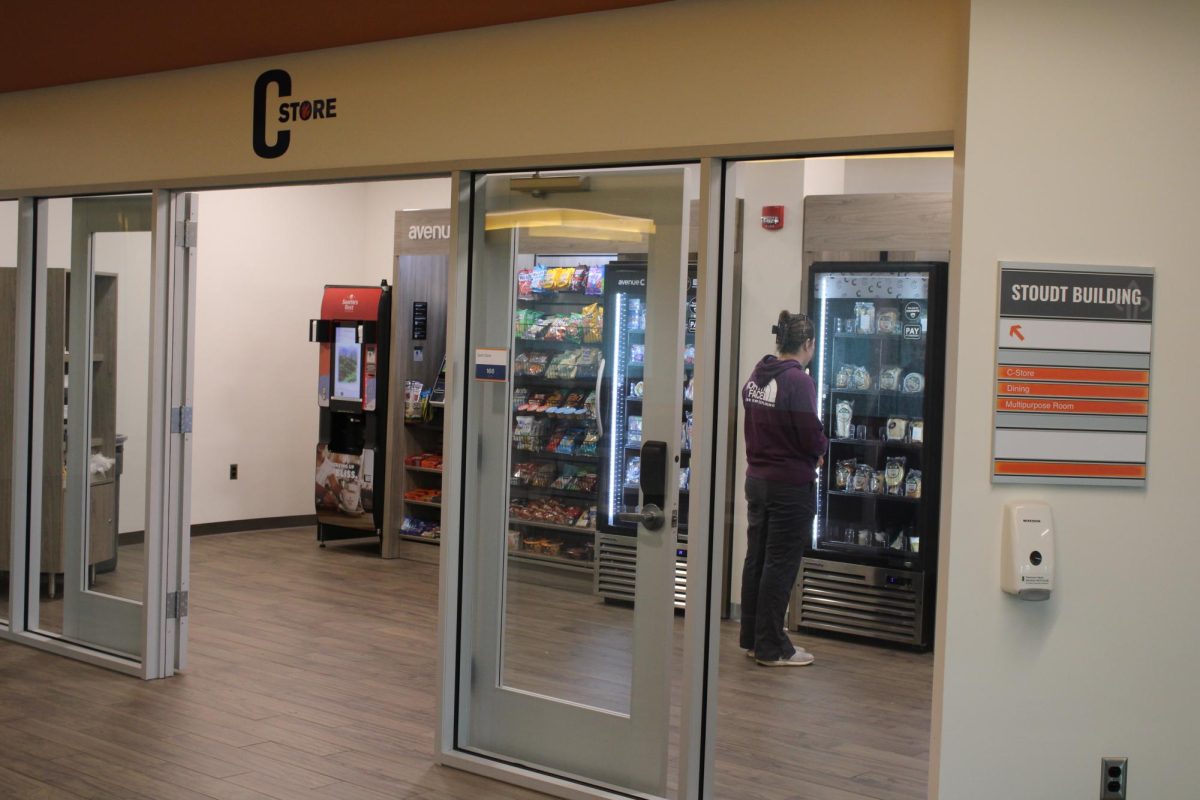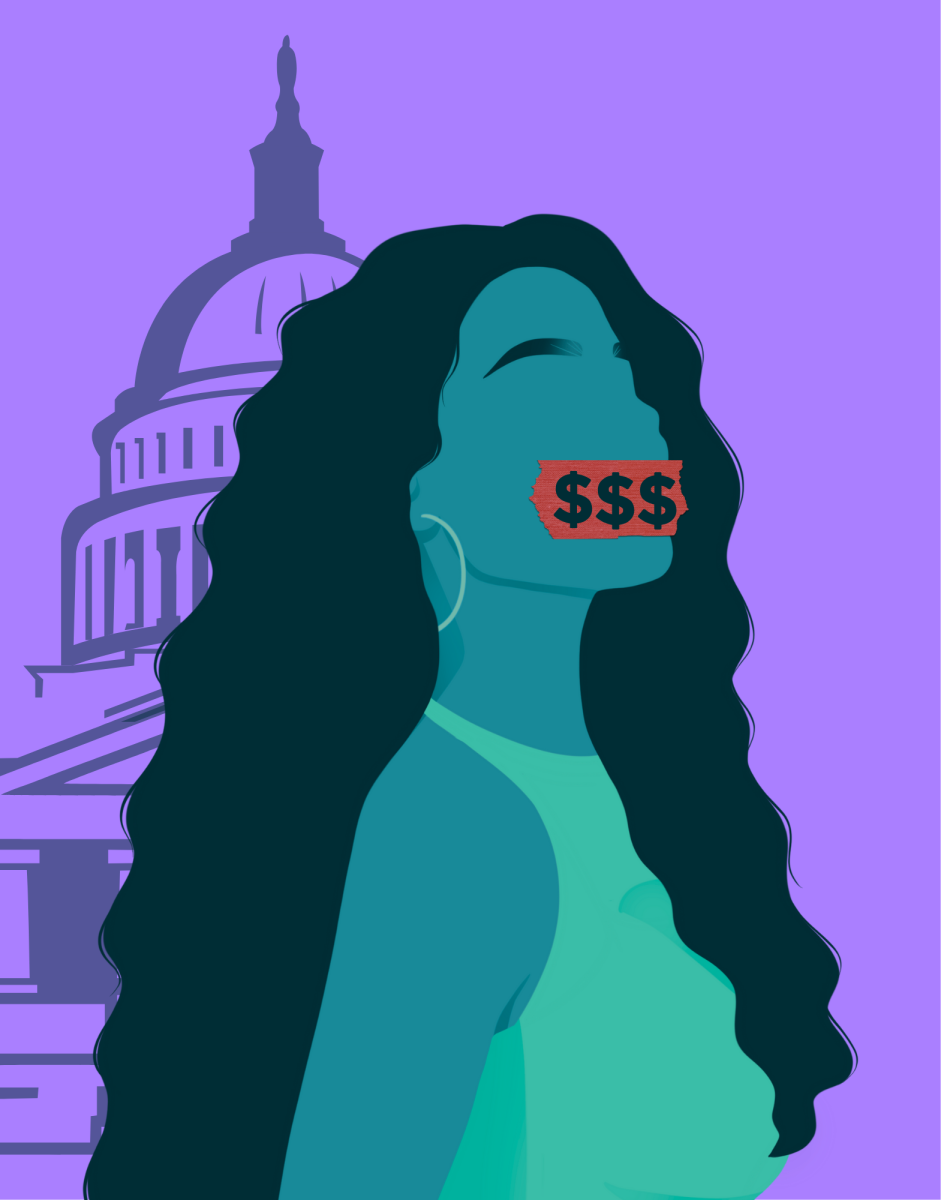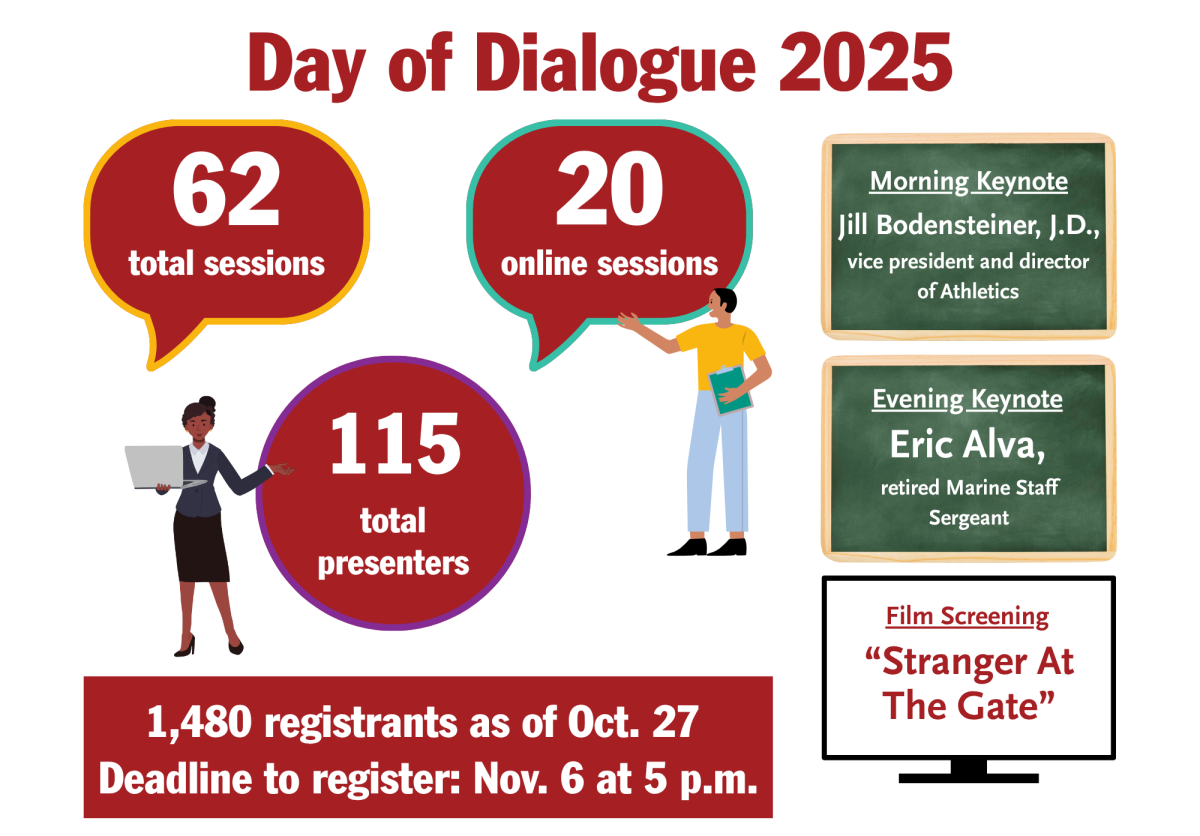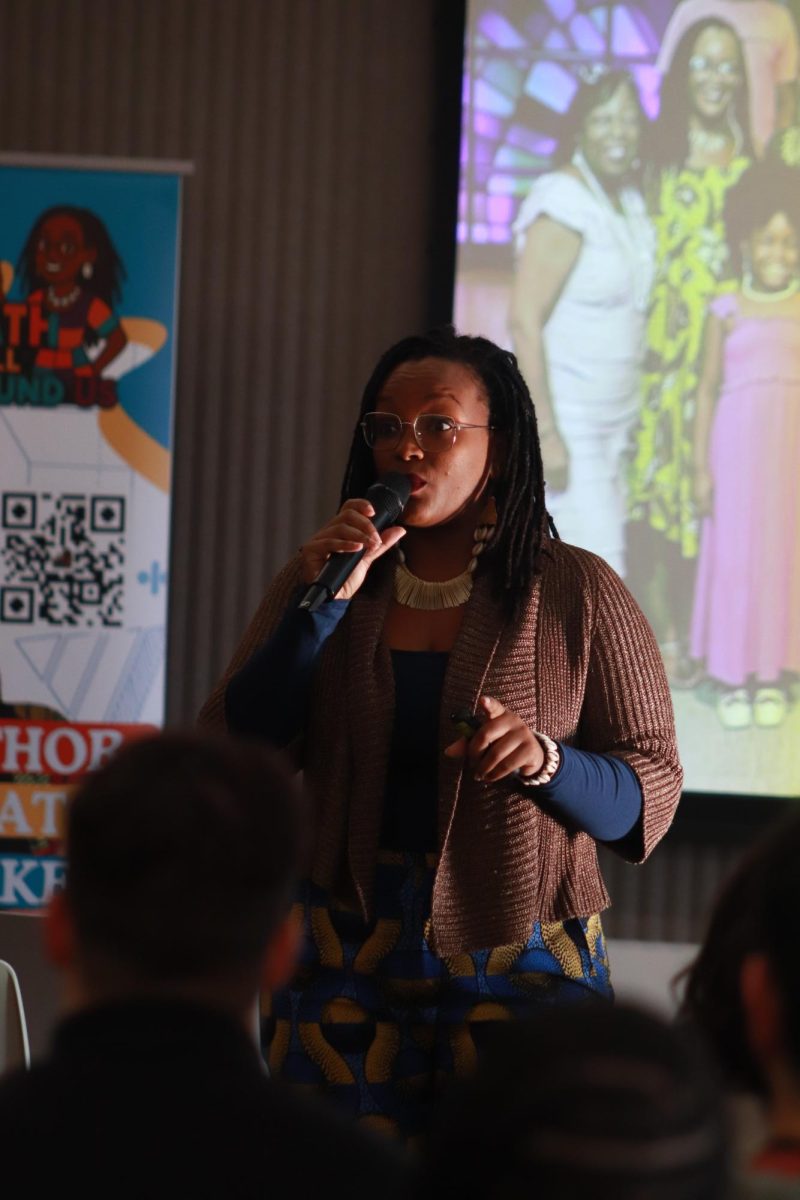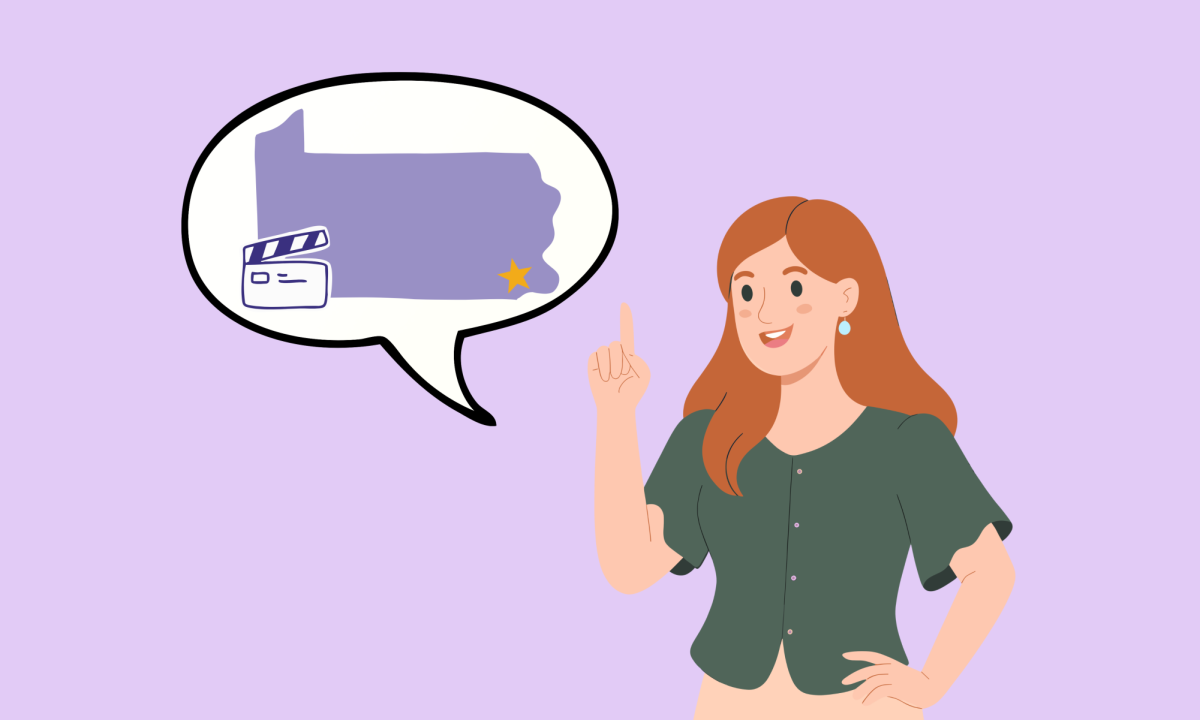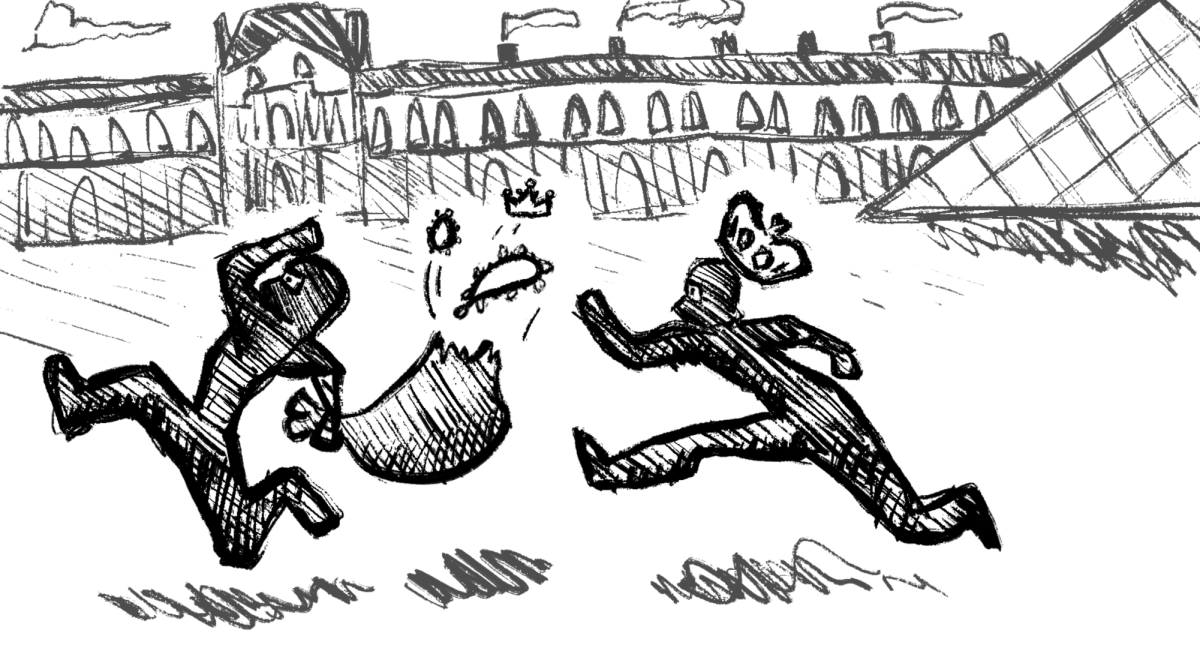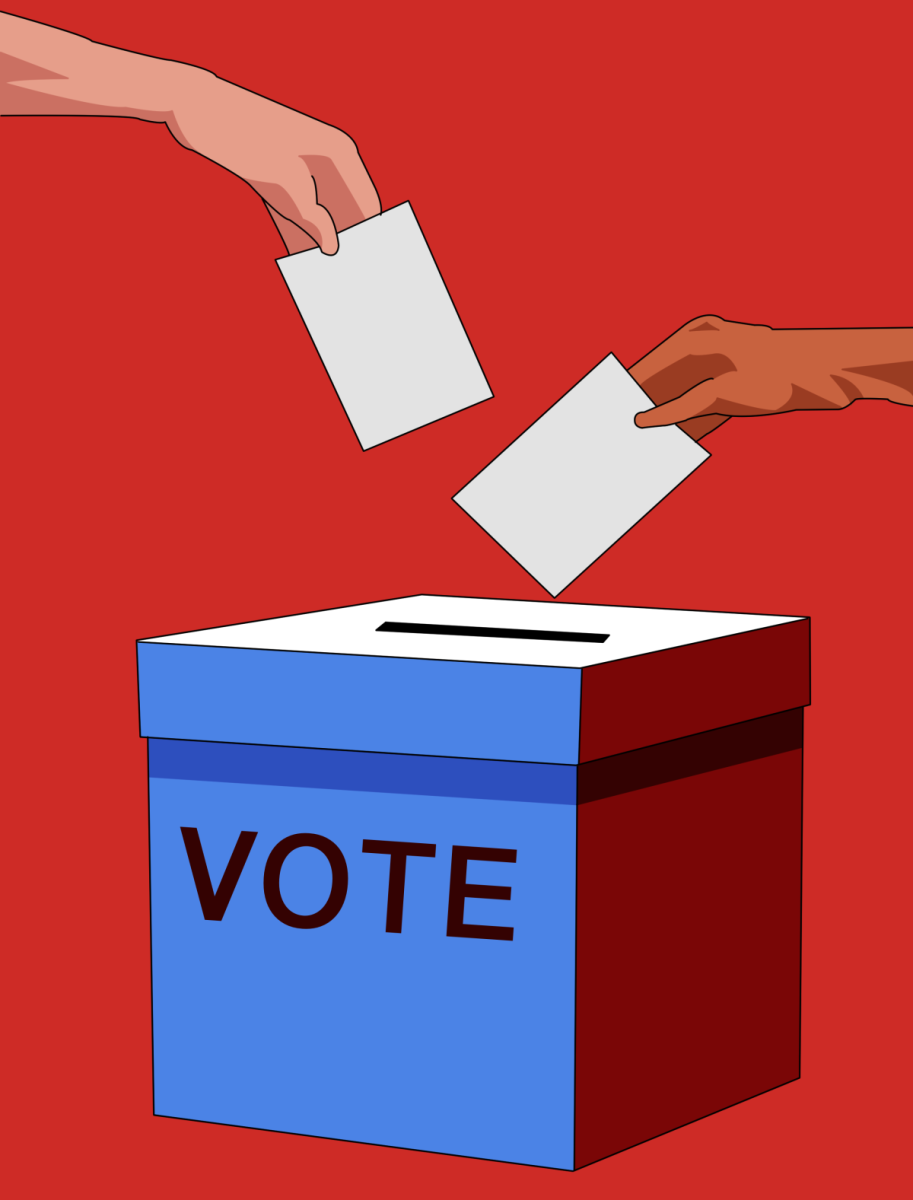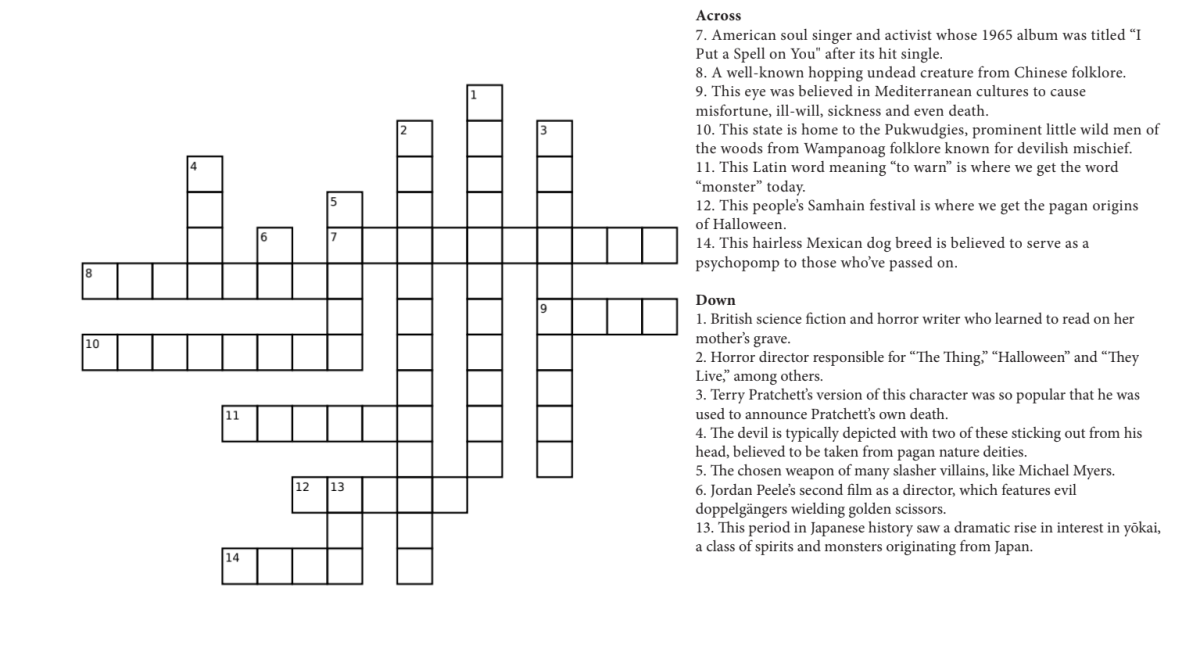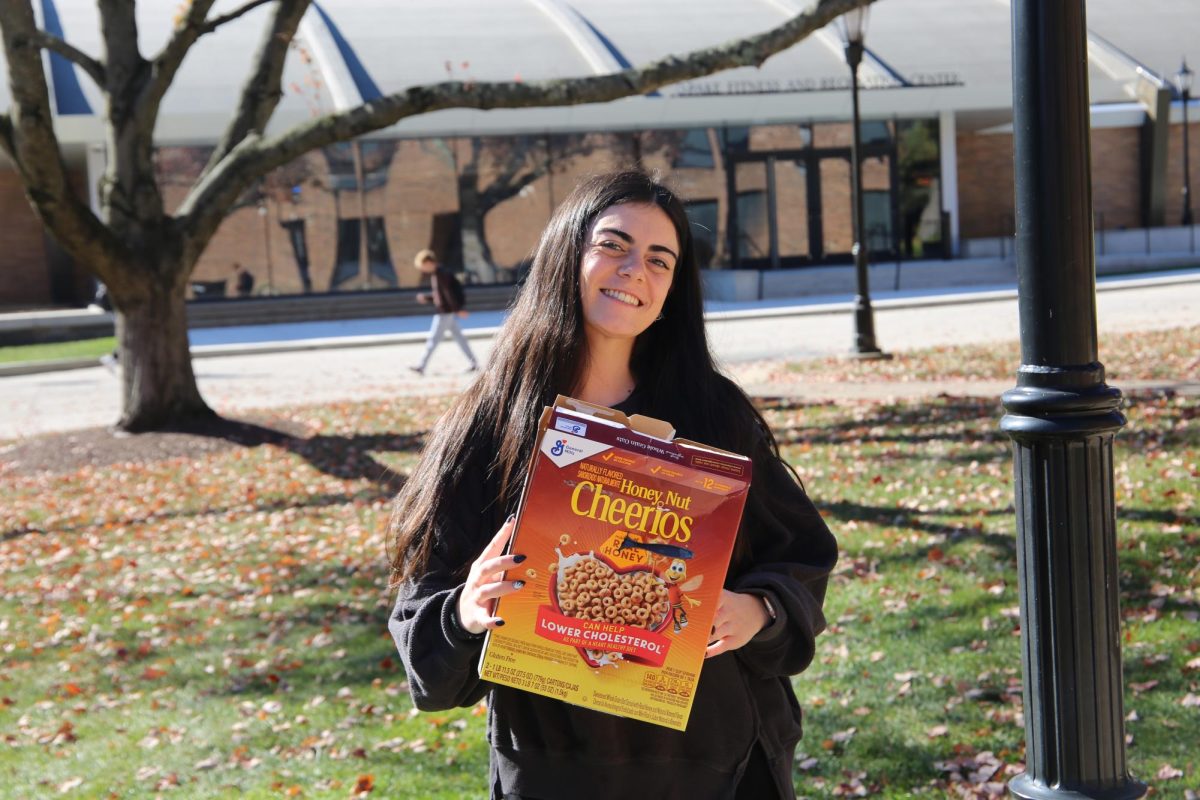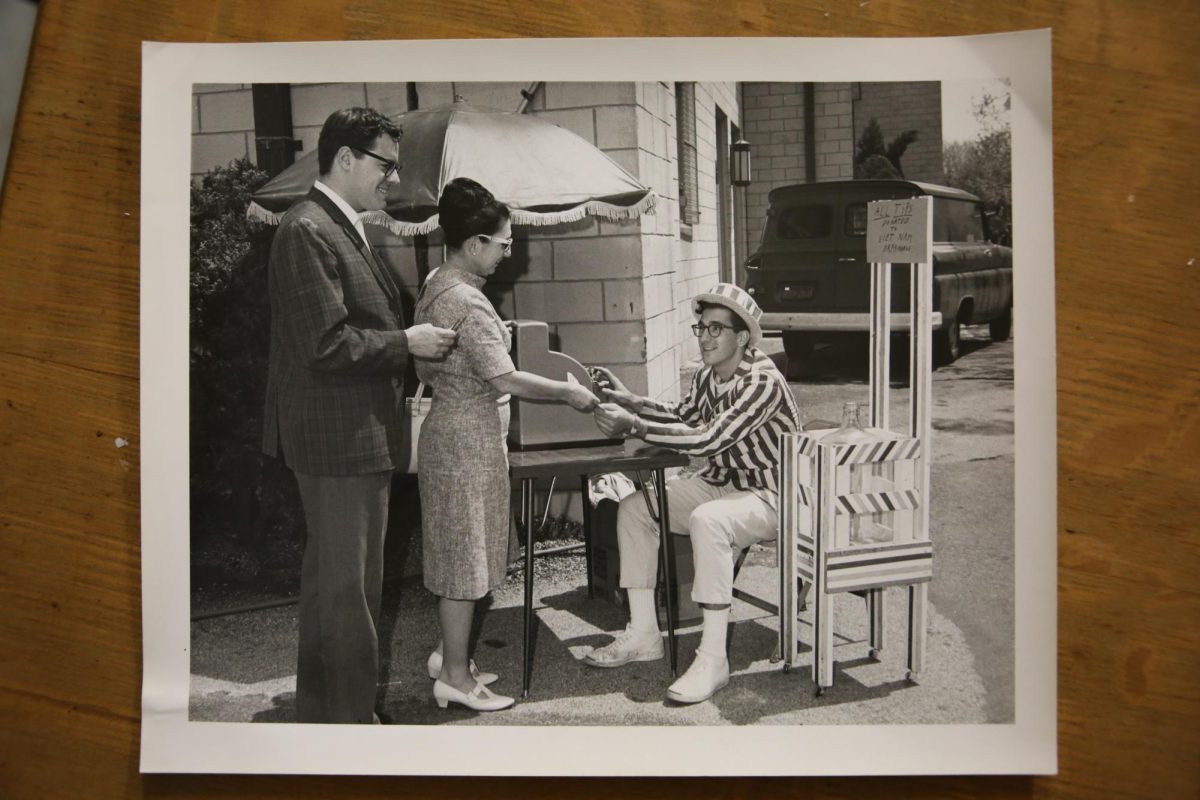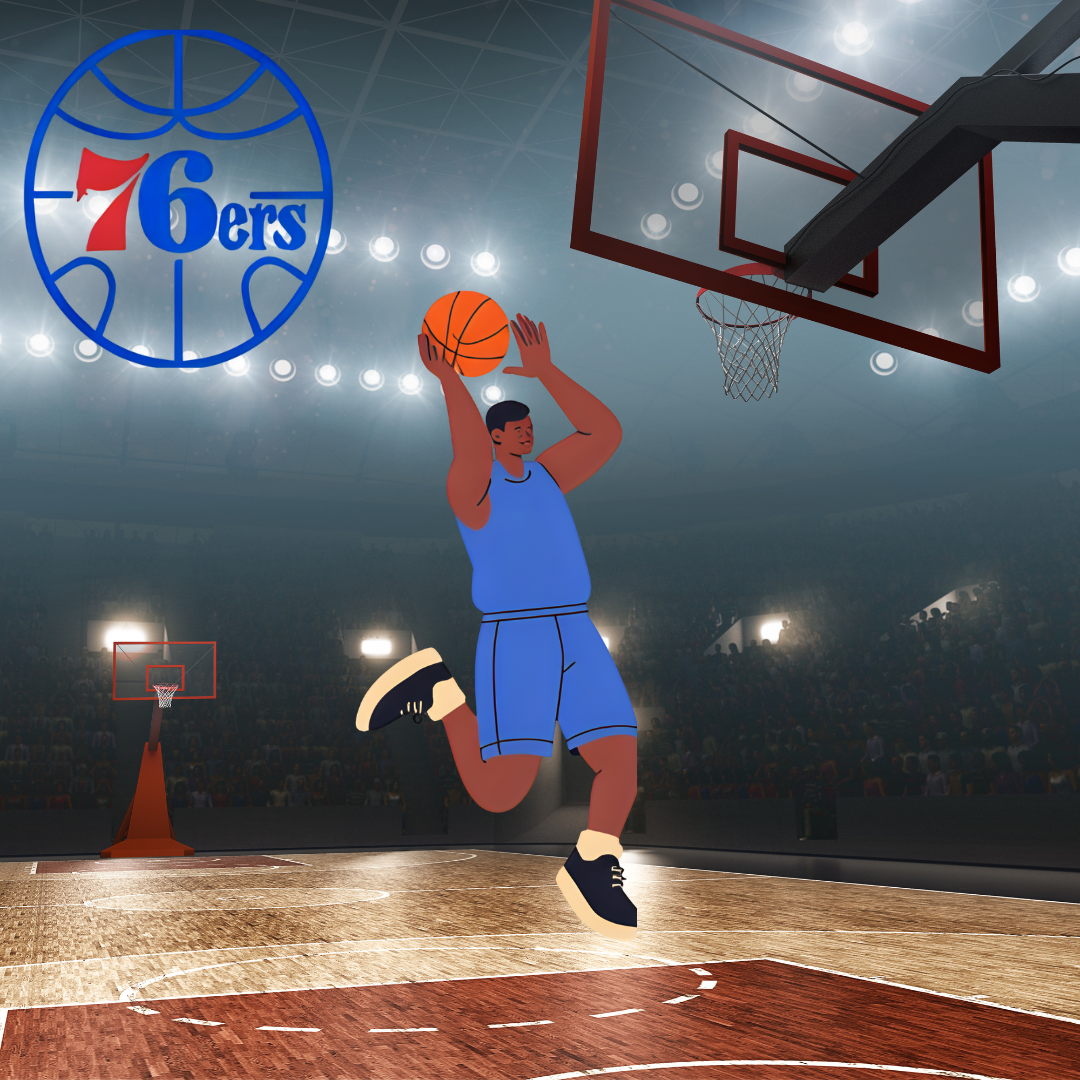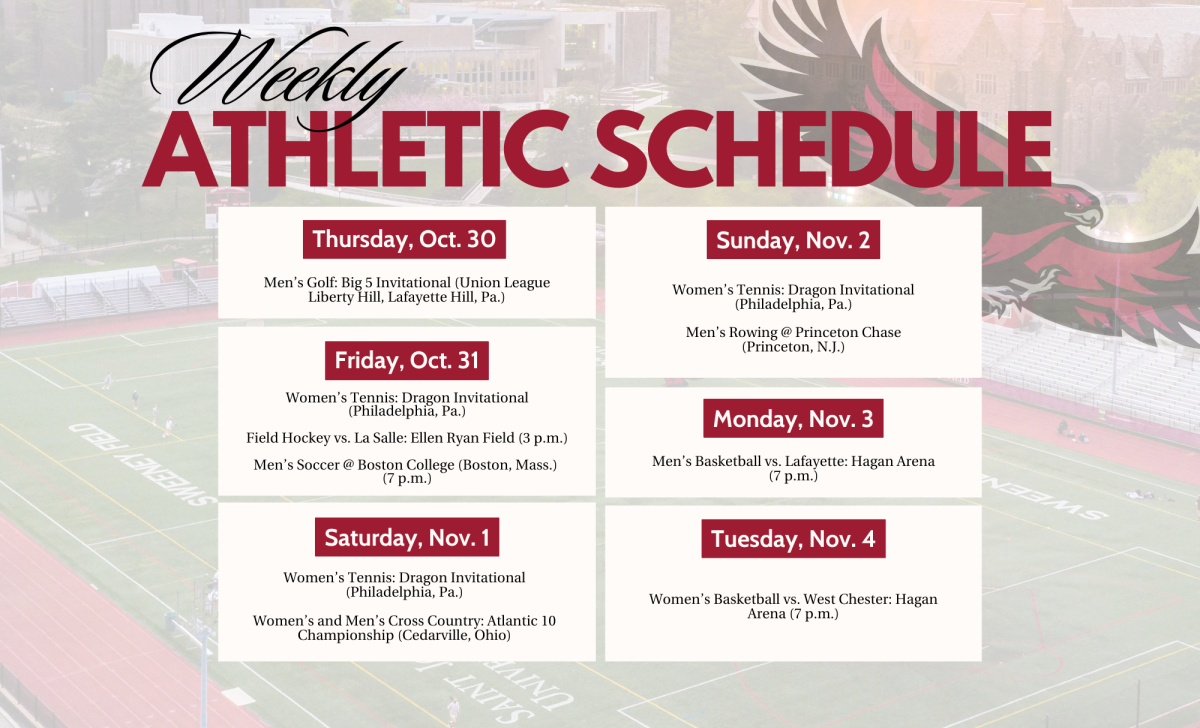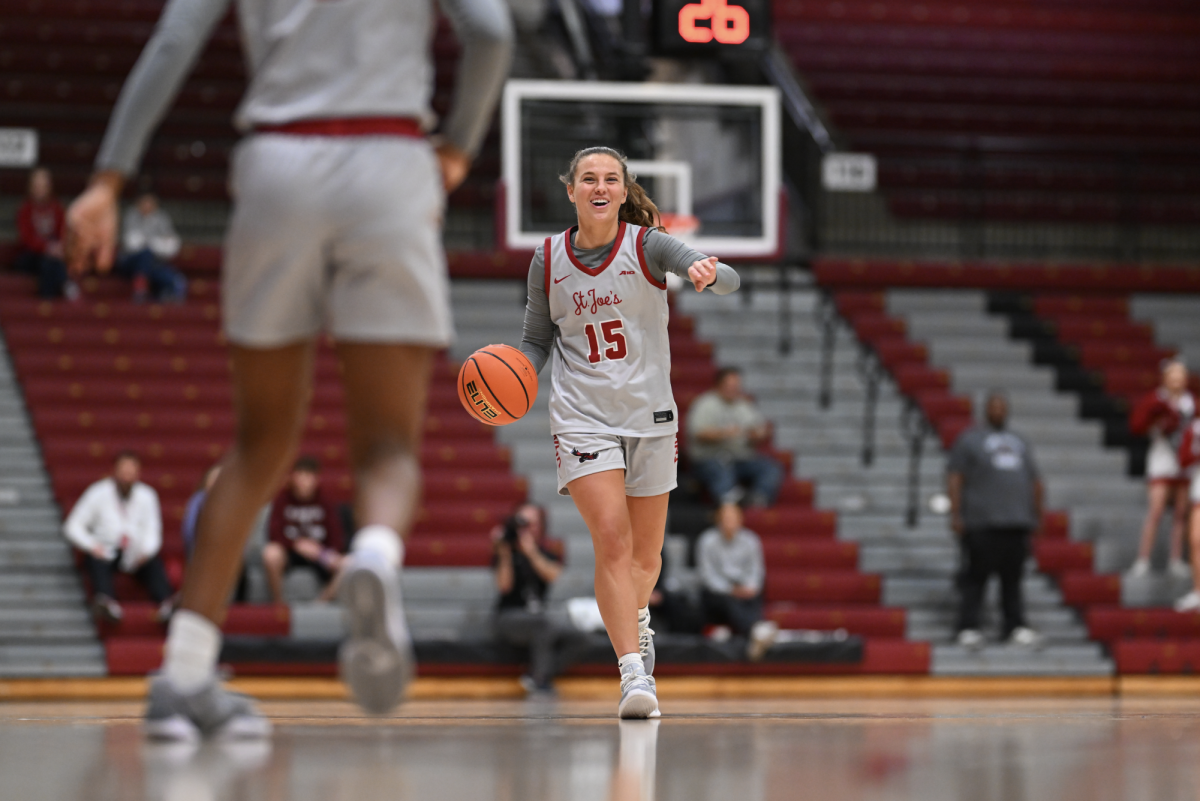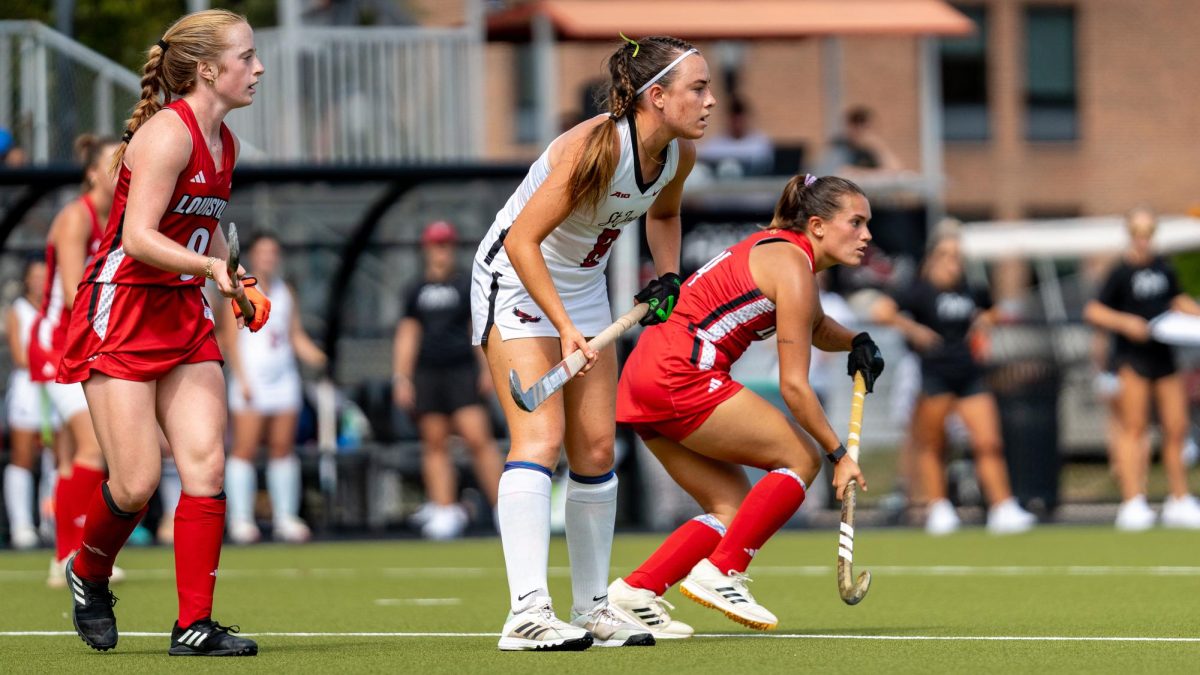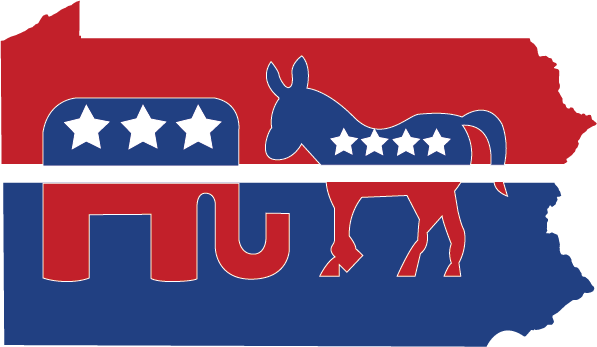Only a third of voters age 18-29 said that voting in the midterm elections was extremely important according to a July 2018 George-Mason University Post Schar poll.
Laura Bucci Ph.D., assistant professor of political science, said her expectation is that more people will turn out for the 2018 midterm election, especially since there have been big pushes on college campuses to get young people to vote.
“We should see some uptick in younger voters,” Bucci said. “But it’s not guaranteed. Voter turnout from 18-24 year olds in the last midterm elections in 2014 was about 18 percent.”
There was a significant increase in the amount of young voters who believe their vote matters when compared to previous years, according to a study conducted by Harvard Kennedy School’s Institute of Politics.
This voting demographic is unlikely to be a swing factor in 2018 midterm elections said Susan Liebell Ph.D, associate professor of political science.
“I am not sure that [young adults] are more tuned out, but [they] don’t vote at the same levels as [older citizens],” Liebell said.
Although young voters are not as engaged in politics, some do realize the importance of voting, Liebell said. Young people do realize that there is a lot at stake and that their vote makes a difference.
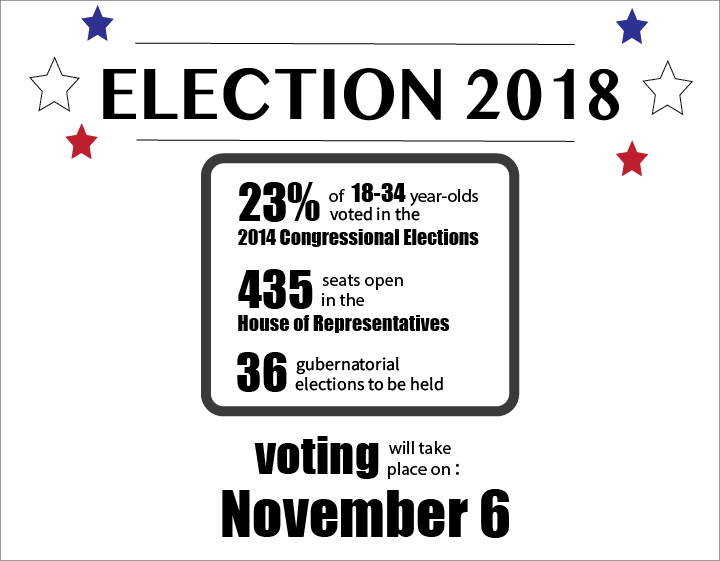
“I think [voting] is important,” Gabby Gutierrez ’21 said. “Not necessarily because of the direct impact [my vote] has, because it is just one vote, but because when I vote it encourages other people to vote, which can make a bigger impact.”
While the student vote is important, students who do not vote also have an impact, Bucci said.
“You want to do as much as you can to reinforce that [students] care about the health of the United States,” Bucci said. “[Students] are going to be in it longer than a lot of other voters, so it’s important to kind of get your feet on the ground.”
Although St. Joe’s students recognize the importance of voting, another factor concerning young voters is not just that they are not voting in large enough numbers, but that they are not engaged enough in the political system.
“Since I’ve been here, there haven’t been political protests and people don’t get upset about things,” Liebell said. “But it’s not fair to demonize students for acting the way that most Americans do.”
Bucci said for years she has told students in her American government class that even though they may feel as if they don’t know a lot about politics, many other voters feel the same way.
“If you want to feel as though you need to be more informed, that’s fine, read a couple of articles, do your best,” Bucci said. “But also keep in mind that a lot of people vote without information. So, with a little bit of information, you will be ahead of the game.”
First-time voters seem not only to be informed but also aware of the importance of their votes.
“I feel like voting is your voice in a way when it comes to elections,” Shannon Kelly ’21 said. “So if you want to make a difference, you have to use your voice.”

